Cultivate Change with Forests for Monarchs
A Unified Approach to 11 UN Sustainable Development Goals
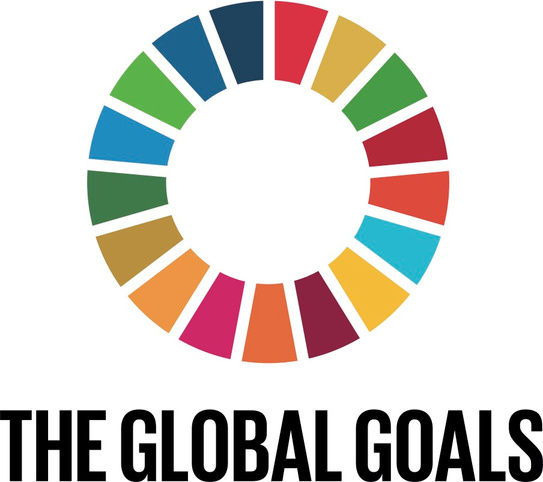
Reforesting land is crucial in addressing the climate crisis and mitigating carbon emissions. While planting trees alone isn't the only solution, it marks a meaningful effort in our collective work toward a more sustainable future. At Forests for Monarchs, our reforestation efforts align with 11 United Nations Sustainable Development Goals.
Our comprehensive programs contribute to Goals 1 (No Poverty), 4 (Quality Education), 5 (Gender Equality), 6 (Clean Water and Sanitation), 8 (Decent Work and Economic Growth), 10 (Reduced Inequality), 11 (Sustainable Cities and Communities), 12 (Responsible Consumption and Production), 13 (Climate Action), 14 (Life Below Water)*, and 15 (Life on Land).
When a business partners with Forests for Monarchs, it contributes to a holistic approach to sustainability, positively
impacting both the environment and society.
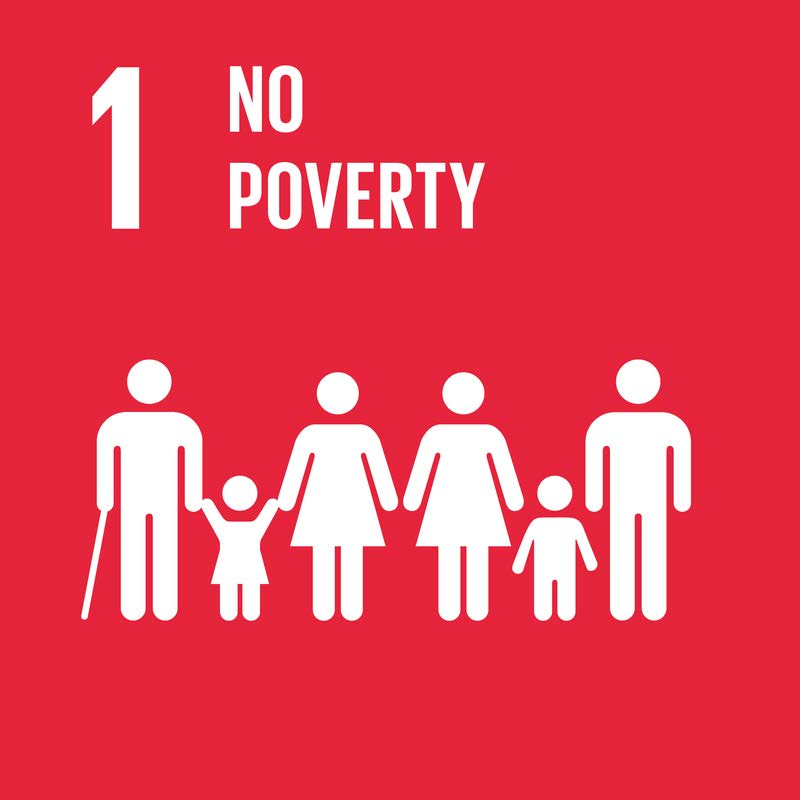
No Poverty
One of the primary economic resources in Michoacán is farming. It's a breathtakingly beautiful rural state with tall mountains overlooking large valleys. It's also one of the most biodiverse areas in Mexico, making much of the region perfect for farming. Unfortunately, like much of the world, Michoacán was over-farmed, leaving much of the land badly degraded and unable to sustain commercial farming efforts, leading to an increase in poverty and limited resources.
We deploy a community forestry model, empowering communities to revive their lands into thriving forests. Indigenous communities and ejidos, often marginalized and susceptible to the impacts of climate change, find strength in our partnership. The communities we collaborate with actively choose to reclaim and restore their lands. As the trees mature over time, they not only counteract the effects of the climate crisis but also become a sustainable economic resource through responsible harvesting.
This sustainably harvested wood becomes a versatile asset for landowners, enabling them to cook, build shelter, or sell wood to support medical access, community improvement, income, and more. Through education and empowerment initiatives, our work facilitates the creation of an economic resource accessible to all community members. This approach allows communities to take control of their lands, significantly reducing their exposure and vulnerability to the impacts posed by the climate crisis.
Quality Education
At Forests for Monarchs, our education approach spans both students and adults. We collaborate with schools, offering classroom visits and field trips for students from elementary to university levels. Students gain insights into sustainable forest management, the significance of healthy forests, and proper waste/recycling practices. They also engage in hands-on tree planting experiences. University students have opportunities to volunteer at the tree nursery, acquiring valuable forestry skills for potential careers.
Simultaneously, we educate adults in partner communities on sustainable forestry management, providing training, guides, and ongoing support. This comprehensive strategy has yielded tangible results, with community members transitioning into roles such as forestry planners, establishing organizations for reforestation oversight, and pursuing education in forestry.
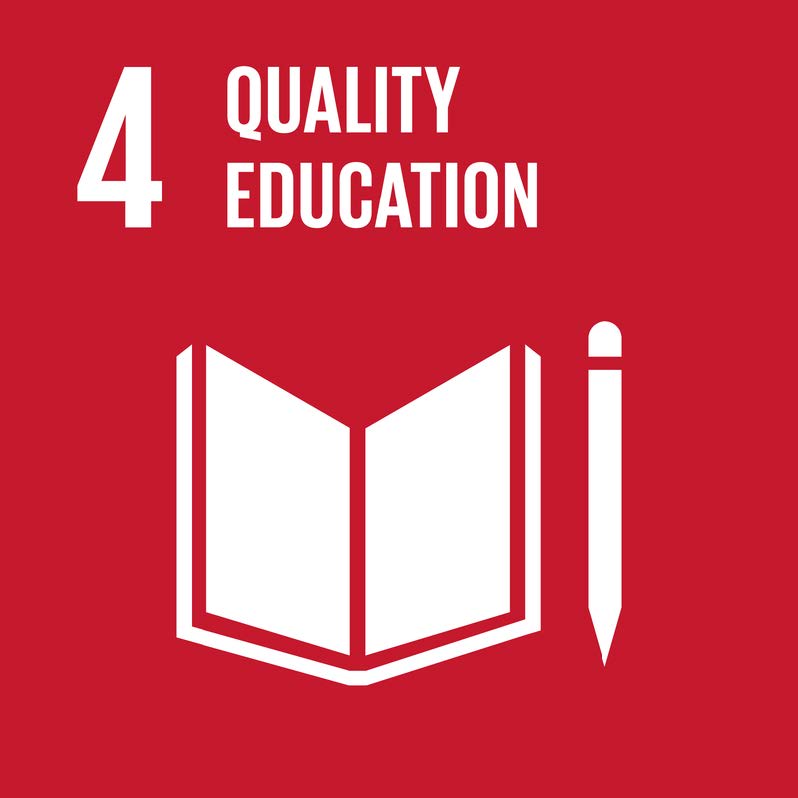
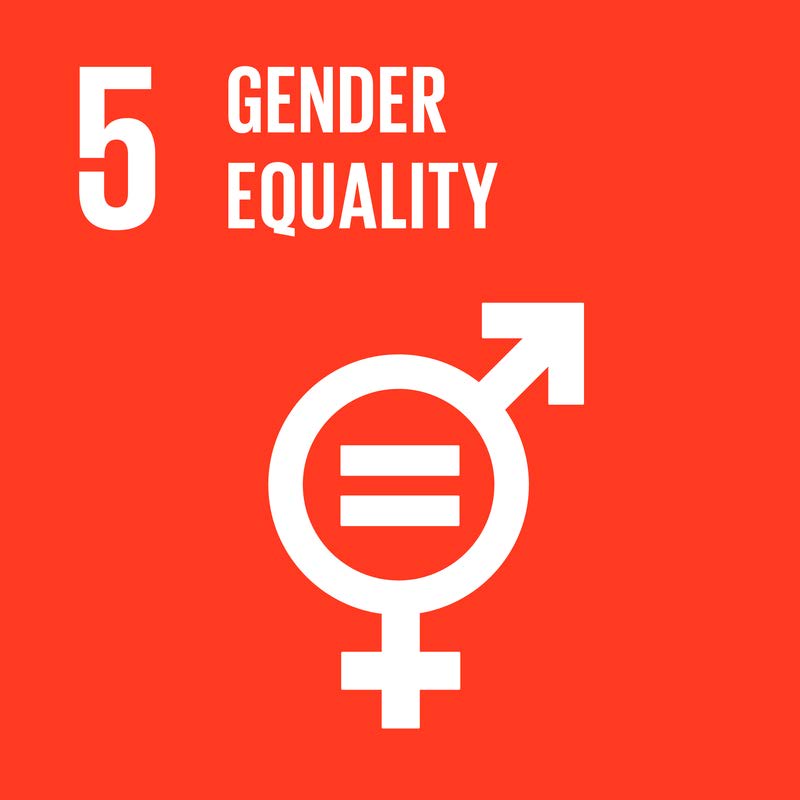
Gender Equality
At Forests for Monarchs, we embrace gender equality at every level, exemplified by our female-led organization and a majority of female staff in our partner nursery, including leadership positions. Recognizing the limited opportunities in the rural landscape, our co-founder, Jose Luis Alvarez, who owns and operates the nursery, prioritizes the employment of women, particularly single mothers. This commitment provides year-round full and part-time opportunities, allowing these women to bring their children to work when necessary. By partnering with Forests for Monarchs, you play a pivotal role in closing the gender gap and empowering women and girls in a region where alternative opportunities may be scarce.
Clean Water and Sanitation
At Forests for Monarchs, a key focus area is the Highland Lakes Watershed region, encompassing Lakes Patzcuaro and Zirahuen. Our reforestation initiatives target strategic sites around the lakes, enhancing soil water absorption and facilitating the replenishment of underground springs. This proactive approach mitigates soil erosion, preventing sediment runoff into the lakes.
These lakes have faced substantial pressure due to deforestation practices, leading to decreased water capacity and adverse effects on natural springs. This has resulted in limited access to safe water sources and a consistent decline in lake levels. Our work helps to restore the health of the region's springs, which are vital for freshwater supply. Through reforestation, we aim to reduce soil erosion, enhance soil water retention, and contribute to a more sustainable watershed ecosystem.
Additionally, our community engagement extends to promoting safe recycling and waste management, further enhancing water quality in the region.
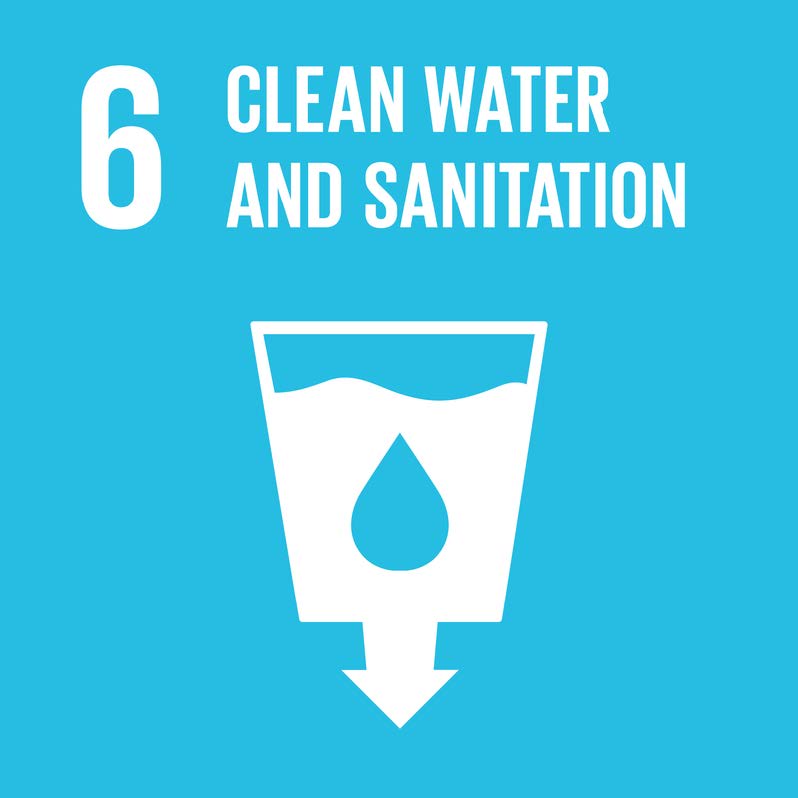
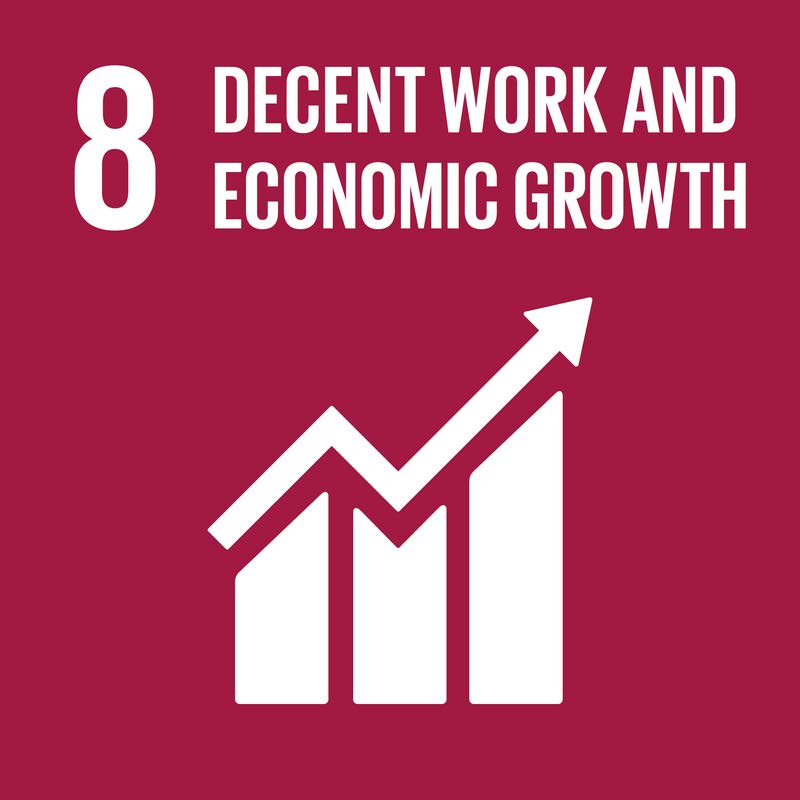
Decent Work & Economic Growth
Forests for Monarchs actively promotes full and productive employment and decent work for all through our collaboration with the Vivero Forestal Hacienda La Cruz tree nursery. This partnership ensures a secure work environment, equitable compensation, designated spaces for meal preparation, and breaks for workers.
Moreover, our initiatives create new job opportunities, including a full-time nursery and forestry manager, along with three contracted planting site managers. Thanks to our work, communities and individuals have established organizations and generated new jobs in the region, particularly in forestry, paving the way for alternative economic growth opportunities.
By aligning with Forests for Monarchs, businesses not only support sustainable employment practices but also gain the chance to visit the project, explore the monarch butterfly biosphere reserve, and contribute to the advancement of sustainable ecotourism in the region.
Reduced Inequalities
With Michoacán's poverty rate at approximately 41%, Forests for Monarchs acknowledges the region's scarcity of job opportunities and well-paying options. To address this, we actively support the Vivero Forestal Hacienda La Cruz tree nursery, operating throughout the year to provide stable employment for community members. Notably, the nursery staff is 75% female, contributing to gender inclusivity and economic empowerment within the community.
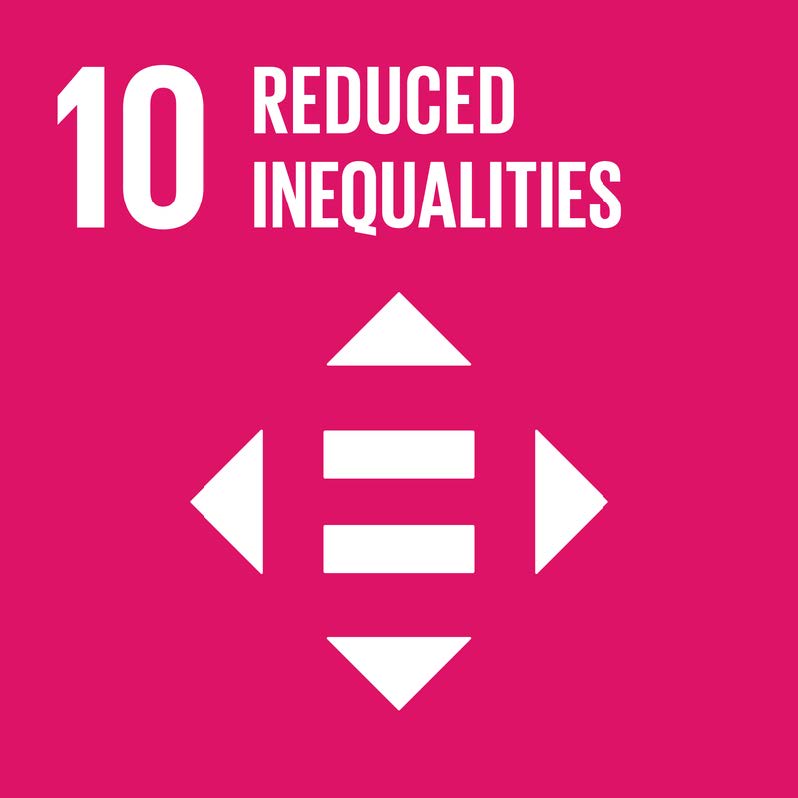
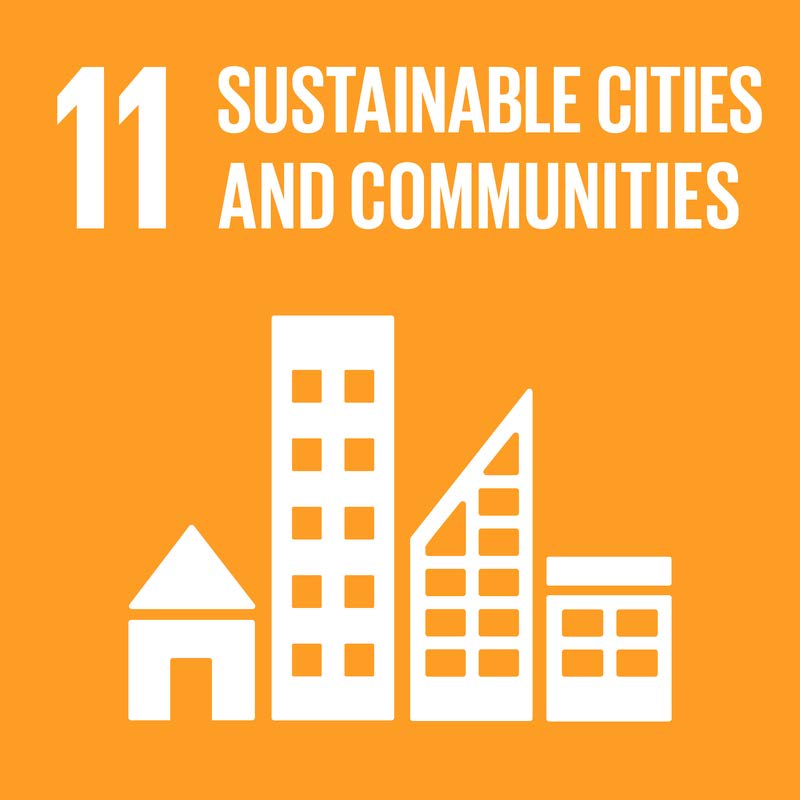
Sustainable Cities & Communities
This project has positively impacted families on diverse land types, including private property, communal land, indigenous community land, and ejidos. The ejido system involves collective ownership, granted by the government for agricultural purposes, while indigenous land is held collectively, reflecting cultural practices. Trees cultivated in this initiative provide sustainable income, support traditional practices, and improve land conditions. As these trees mature, periodic thinning allows for responsible timber harvesting, contributing to community well-being and ecological balance.
Significantly, our work extends beyond environmental benefits to safeguarding indigenous culture. Specifically, among the Purépecha people, the monarch butterfly holds deep cultural significance. These magnificent butterflies are believed to embody the spirits of departed ancestors and are integral to Purépecha traditions, spirituality, and identity. By preserving the habitats critical for the monarch butterfly, we contribute to the cultural preservation of the Purépecha people, fostering a harmonious connection between environmental conservation and indigenous heritage. Simultaneously, the project aids in habitat restoration, particularly for the iconic monarch butterfly, alleviating pressure on the biosphere reserve. Notably, as of 2022, World Wildlife Mexico reports positive results, indicating a meaningful impact on the monarch butterfly population.
Responsible Consumption & Production
Forests for Monarchs promotes responsible consumption and production through comprehensive education initiatives during planting events and school trips. We prioritize educating communities on proper waste disposal and recycling practices, which is crucial in regions where waste dumping in forests poses environmental risks, including the potential for forest fires. In some rural areas, burning trash remains a practice, and our educational efforts aim to combat and replace such practices with sustainable alternatives.
Furthermore, we address the sustainable consumption of timber by educating communities on the drawbacks of clearcutting land while emphasizing the benefits of sustainable harvesting practices. Our goal is to shift perceptions and practices towards responsible forestry, promoting the long-term health of forest ecosystems. By fostering an understanding of the importance of sustainable consumption and production, we contribute to creating a balanced and environmentally conscious approach to utilizing forest resources.
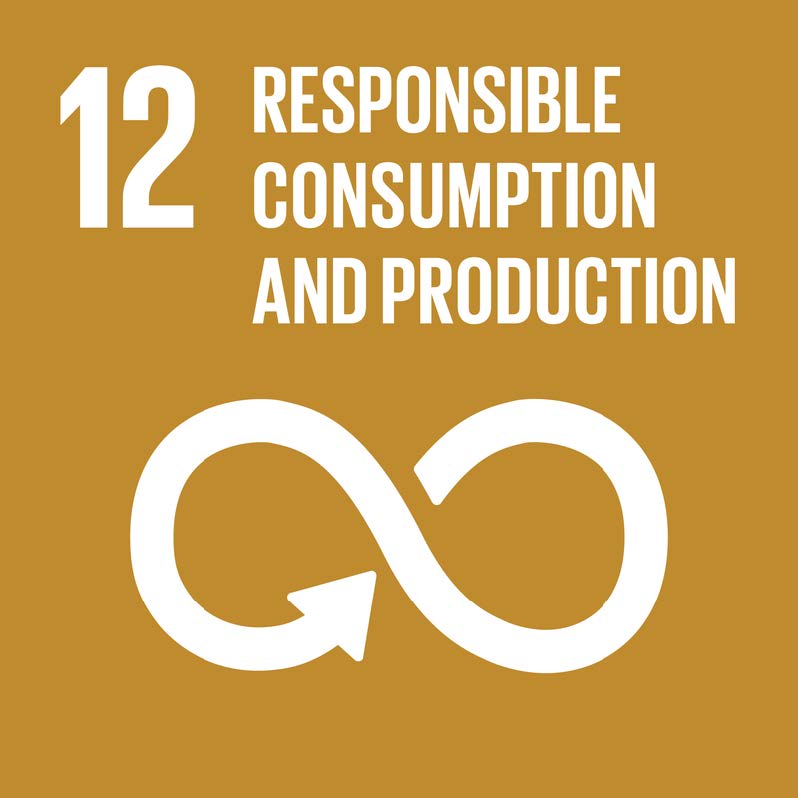
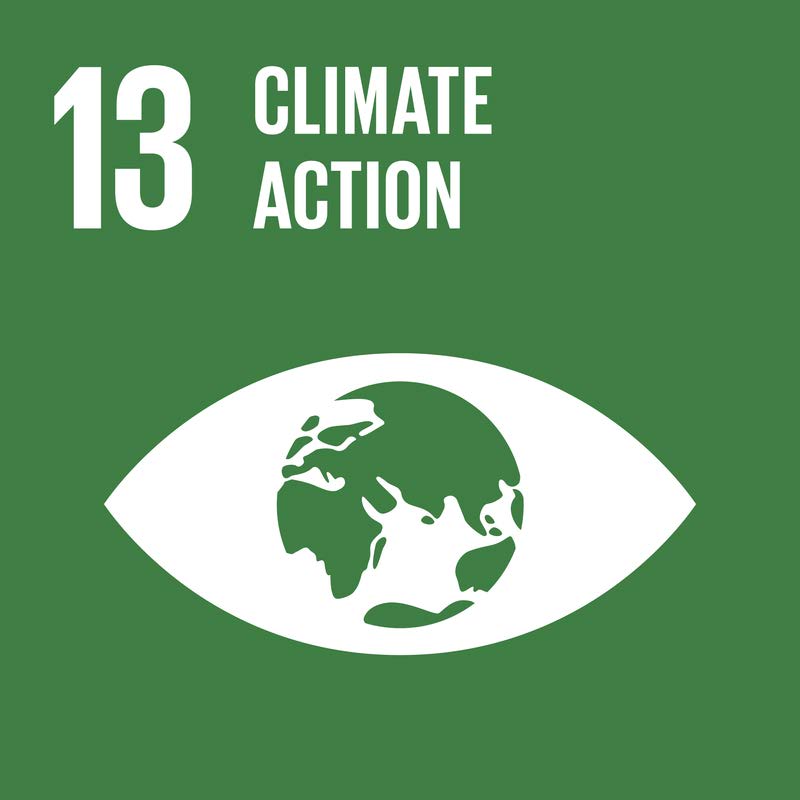
Climate Action
Reforestation is a powerful tool in fortifying landscapes against environmental challenges and fostering resilience in the face of climate change. By strategically planting trees, we create a natural barrier that prevents soil erosion and landslides, contributing to the overall stability of the terrain. Trees' intricate root systems act as anchors, firmly securing the soil and minimizing the risk of erosion, particularly in regions prone to heavy rainfall or steep slopes.
Additionally, our reforestation efforts significantly enhance air and water quality. Trees play a pivotal role in filtering pollutants from the air, improving overall air quality, and mitigating the impact of climate change on the atmosphere. The roots of trees also play a crucial role in purifying water, reducing sediment runoff, and enhancing water quality in rivers and streams.
Reforestation is a powerful ally in the fight against climate change. Trees act as natural carbon sinks, absorbing and storing carbon dioxide through photosynthesis. This carbon sequestration helps offset greenhouse gas emissions, positively impacting the global climate. By fostering healthy, diverse forests, we contribute not only to local ecosystems but also to the broader efforts in mitigating the effects of climate change. Overall, our reforestation initiatives are a multifaceted solution, fortifying landscapes, purifying air and water, and playing a vital role in climate change adaptation and mitigation.
Life Below Water
Our sea turtle rescue operation plays a crucial role in managing and protecting endangered turtles, many of which are migratory and depend on healthy habitats in Mexico. The significance of our efforts is underscored by the vulnerability of sea turtle nests on unprotected beaches, where feral and roaming dogs pose a significant threat. Without intervention, many of these nests would fall prey to predation.
To safeguard these precious eggs, our team strategically moves them to the Majahua Turtle Hatchery, preventing potential harm from beachgoers and minimizing risks associated with vehicle use on the beaches. This proactive approach protects the sea turtle nests from immediate threats and ensures a more controlled and supportive environment for their development. Through our sea turtle rescue operation, we actively contribute to preserving these endangered species, promoting a sustainable future for Mexico's vital sea turtle populations.
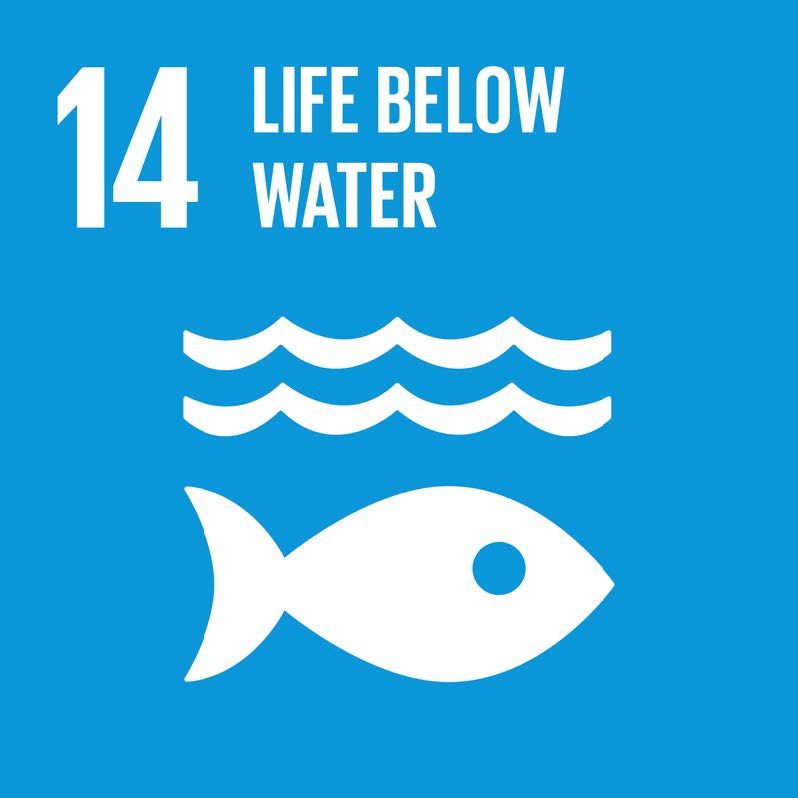
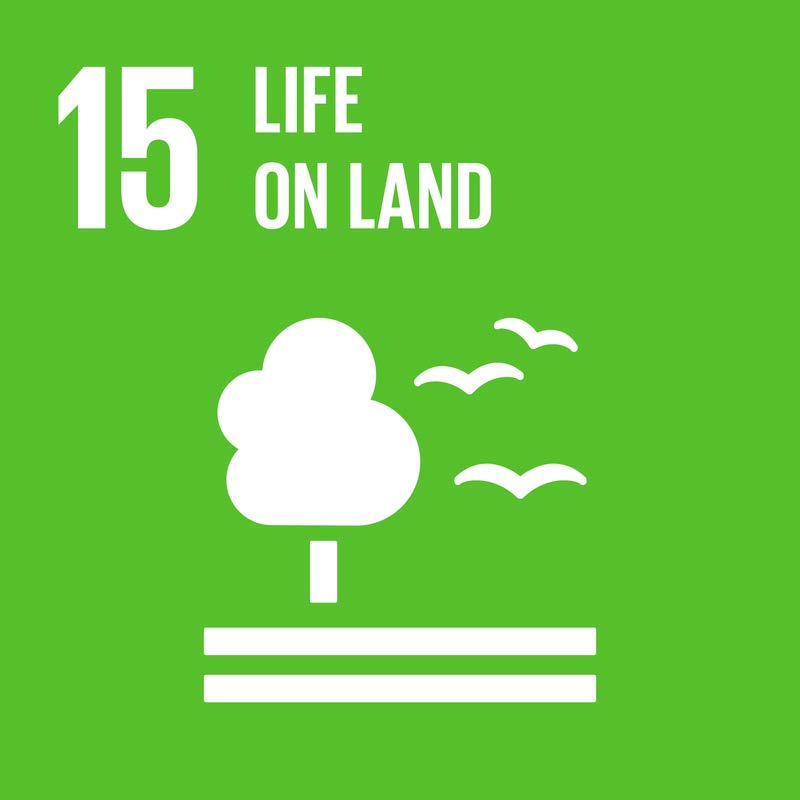
Life on Land
Our reforestation initiatives and sustainable forestry practices are pivotal in restoring and preserving terrestrial ecosystems. For example, strategically planted trees fortify landscapes around the Monarch Butterfly Biosphere Reserve buffer zone against erosion, landslides, and habitat degradation. This strategy safeguards the monarch butterfly population and enhances overall biodiversity and the health of terrestrial ecosystems.
Additionally, our efforts actively combat deforestation, a significant threat to biodiversity and ecosystem stability. Through education and community engagement, we promote responsible land use. For instance, we encourage sustainable harvesting practices over clearcutting in educating communities within the Monarch Butterfly Biosphere Reserve buffer zone. This work helps protect existing habitats and contributes to the creation of healthier, more resilient ecosystems that support diverse plant and animal life, including the iconic monarch butterfly.
Furthermore, our sea turtle rescue operation aligns with Goal 15 by safeguarding coastal ecosystems. By rescuing sea turtle nests from unprotected beaches and transferring them to controlled hatcheries, we contribute to conserving marine life and the overall health of coastal ecosystems.
Become a Partner
